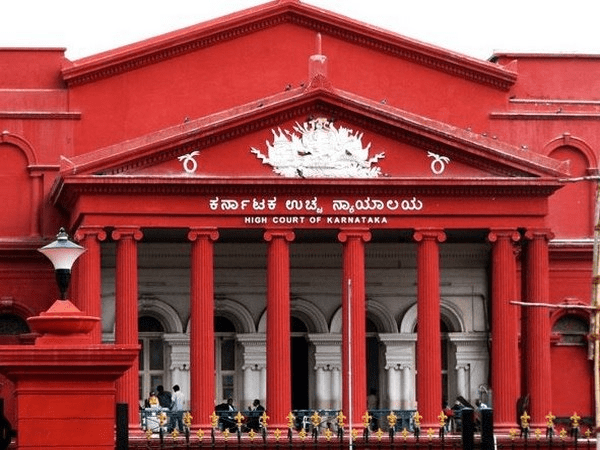The Karnataka High Court dismissed a Public Interest Litigation (PIL) seeking quashing of the Government Order.
The Division Bench of Chief Justice Prasanna B Varale and Justice Krishna S Dixit found that the petition is filed in the court under the caption ‘PIL’ and observed that the same is filed in most casual manner. The court has framed ‘The High Court of Karnataka (Public Interest Litigation) Rules, 2018 way back in the year 2018 which came into effect from July 2019 wherein the compliance is the pre-requisite as prescribed in the form of an Affidavit, is mandatory. Chapter III under caption ‘Public Interest Litigation Procedure’ prescribes the procedure for presenting the PIL petition. The important Rules under Chapter III are Rules 10, 11, 12, 13 & 14. Rule 11 is under the caption ‘Information required to be disclosed in the Petition’. It reads as under:
“a) Petitioner’s name, complete postal and email address, phone number, proof regarding personal identification, occupation and annual income, Permanent Account Number and National Unique Identity Card Number, if any.
b) Petitioner’s social standing, professional status and his antecedents, particularly with respect to his credentials for maintaining the petition in the nature of Public Interest Litigation.”
It may not be necessary to refer to sub-clauses (c), (d), (e), (f) & (g) of Rule 11. Sub-clause (g) relates to the category where the petitioner is an organization. Sub-clauses (a) & (b) mention about the necessary information & details to be furnished in the petition and that would include the petitioner’s credentials. The minimum statutory expectation is: the petitioner shall disclose before this court all the material particulars which include occupation, annual income, his social standing & his antecedents. In the present petition, the very title clause only refers to the name of the petitioner and in the affidavit again what is mentioned is his name & address. Thus, apparently what is stated is short of statutorily prescribed.
On a query being raised, the counsel for the petitioner submits that there was a petition filed earlier in the year 2022 and no such requirement was asked and therefore, now the office is not justified in raising objection of this kind. The Court is unable to accept this submission on the face of it for the simple reason that the PIL Rules are not of nascent origin, the same having being promulgated and published way back in July 2019.
The Court added that these Rules are meant for safeguarding & satisfying the court that the person invoking PIL jurisdiction is bona fide in his approach and that he does not have evince any ulterior motive in the matter filed in the guise of a social action litigation. At the cost of repetition the Bench state that all the necessary facts are missing in the pleadings. On perusal of the petition generates an irrebuttable impression that it is framed & filed in a very casual manner.
The scripted grounds for interim prayer as appearing in the petition are as under:
“It is submitted the petitioners are villagers/farmers whose livelihood depends on the farming activity they are into”.
“There is not a single word to show as to who are these farmers, what is extent of their land holding, what is the number of cattle heads and what are the material particulars of the representations made by the villagers to the jurisdictional authorities. With such a casual approach the petitioner has challenged the Government Orders dated 05.01.2022 and 29.07.2022, with no explanation offered for the delay brooked in the matter. A perusal of these orders shows that the matter relates to a huge Housing Project in an enormous extent of lands i.e. 1,060 acres in various survey numbers of Boovanahalli, Kenchattahalli, Gekaravalli and Samudravalli villages, which include the petition land as well. The original estimated cost of the Project was Rs.990 Crore and subsequently this estimation is enhanced to Rs.1,070 Crore. “
The Court was told at the Bar that before filing of the petition no representation was made to any competent authority and that a few representations are made post filing of the petition. This is exactly the reverse process qua what has been prescribed under the aforementioned PIL Rules. The Bench said that a PIL jurisdiction cannot be invoked without furnishing the requisite information and evidentiary material prima facie vouching the same. Such a jurisdiction cannot be invoked for getting the information itself, since the statutes like Right to Information Act, 2005 make enough provision for such an exercise.


